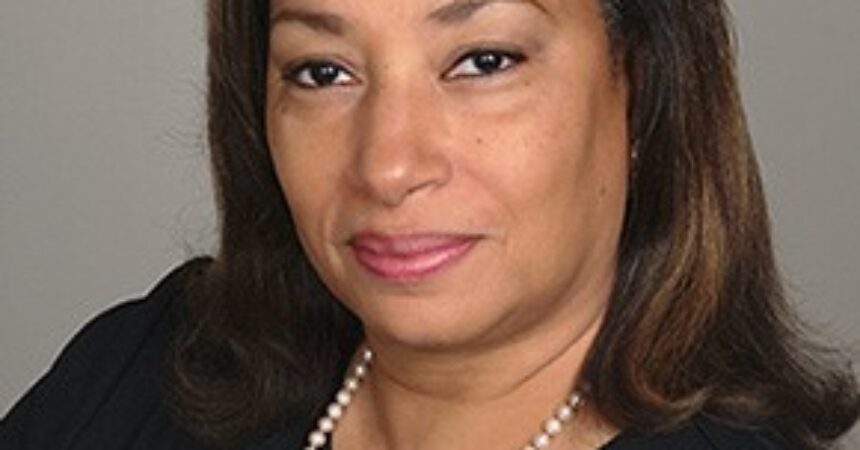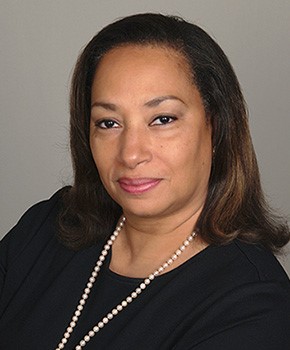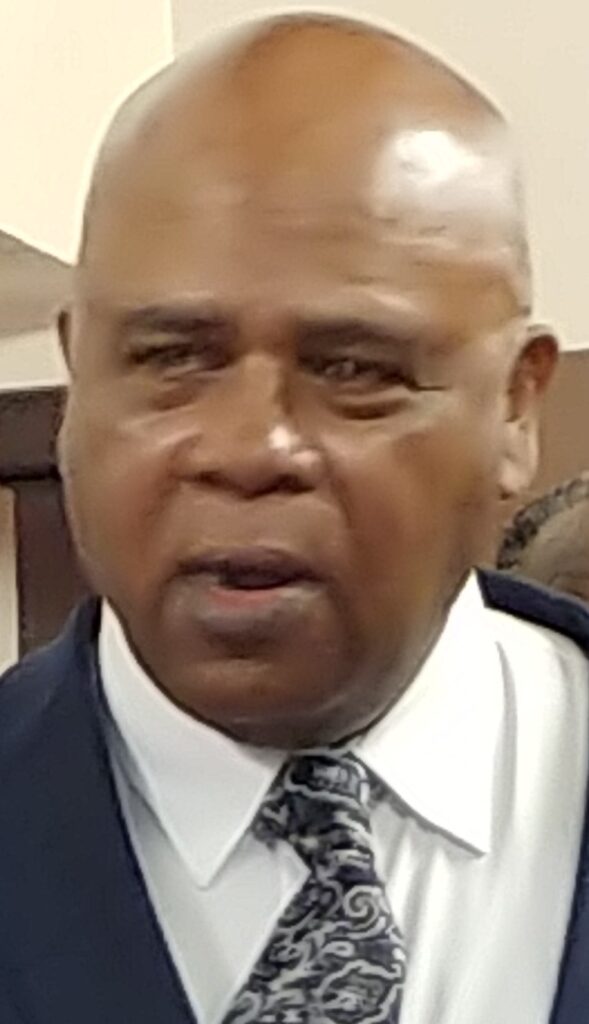
Blacks point to health disparities to support suspicions about COVID-19 vaccine


By St. Clair Murraine
Outlook staff writer
Existing health inequities and other disparities are making it difficult for Blacks to develop trust in the vaccine that was released over the weekend to fight the coronavirus pandemic.
While medical professional are encouraging taking the vaccine, community leaders aren’t so sure that Blacks will be rushing to the head of the line to be vaccinated. The local chapter of the Urban League, which has long been advocating healthcare for Blacks, is taking a wait-and-see attitude.
During the past weekend, the first shipments of Pfizer’s COVID-19 vaccine kicked off an Operation Warp Speed effort to slow the coronavirus that had taken more than 2,000 lives a day in recent weeks. The first shipment is expected to reach 600 locations throughout the country.
There is plenty of fact-checking to be done before knowing how the vaccine will affect Blacks, said Curtis Taylor, president of the Urban League.
Meanwhile, Dr. Temple Robinson, CEO of Bond Community Health Center, is encouraging Blacks to take the vaccine when it becomes available to them. Bond provides healthcare for a large portion of the city Black population.
Robinson said that until the vaccine become available, the community has to be educated about the upside of taking the vaccination.
“The main thing is doctors in their offices talking with patients, outreach people talking with people face-to-face wherever they gather,” Robinson said. “That’s what we are going to have to do.”
Robinson said Bond is currently in the midst of a campaign to inform Blacks about the vaccine.
“We do this with boots on the ground,” she said. “We have found that sometimes we have to go door-to-door or we meet people where they gather and sit down and have a heart-to-heart talk.”
Getting widespread availability of the vaccine in Tallahassee could take some time. Gov. Ron DeSantis recently announced that Florida will have 179,400 vials of the Pfizer vaccine available for distribution.
The distribution schedule calls for less than half of the state’s early total to be sent to CVS and Walgreens pharmacies. Long-term living facilities for seniors and hospitals throughout the state will be among the first recipients.
While the federal government is sending out the vaccine, distribution will be up to each state. Municipal governments, including in places like Tallahassee, are expected to assist the distribution.
Commissioner Dianne Williams-Cox said the Tallahassee Fire Department will be a distribution point. She added that she intends to take the vaccine.
“I want to do everything that I can possibly do to prevent getting COVID,” she said. “I’m willing to take the chance on taking the vaccine. I’m not the first one to take it. It has been tested on a lot of people; not just in this country but outside of the country.”
While it could take months before the vaccine reaches majority Black communities, national studies have shown that Blacks have very little confidence in the vaccine. Primarily they point to the Tuskegee Syphilis Study. During the study that went on for decades, Black men were denied therapy for the disease after being told they would get medical care at no cost to them.
“Some of our people are saying I’ll take it but I will take it a year later or six months later, or I’m not going to be the first person to take it,” Taylor said. He added that only about 10 to 15 percent of people he has spoken to about the vaccine are willing to take it.
“Everybody is taking a wait-and-see attitude because first of all there is a rush,” he said. “Normally it takes a good while for them to prove a vaccine and that is a concern with a lot of people that this administration rushed this thing through.”
Christic Henry, who handles community engagement for the South City Foundation, said she can relate to those who don’t want to be first to get vaccinated. A recent survey is bearing that out, with only 32 percent of Black adults saying they would get the vaccine. Systemic racism is another hindrance, other studies have found.
“The bright silver lining is that the more people who take the vaccine and be OK, the more comfortable (Black) people will become,” said Henry, adding that she couldn’t commit to saying she would get the vaccine.
However, she said a broader conversation has to take place to tackle the issue of healthcare inequities in Black communities. Robinson also supported that point and added that Bond is currently involved in a COVID-19 study.
In order to carry out the study, Bond is looking for people between ages 40 to 80 who tested positive for COVID-19. The study, which has to be administered within 14 days of a positive test, is intended to find out why people who had COVID-19 are more likely to suffer with blood clotting, strokes or losing limbs or organs.
“We are trying to decide if someone who have tested positive for COVID needs to be at home recovering on an aspirin or they need to be on an anti-flambatic medication,” Robinson said.







